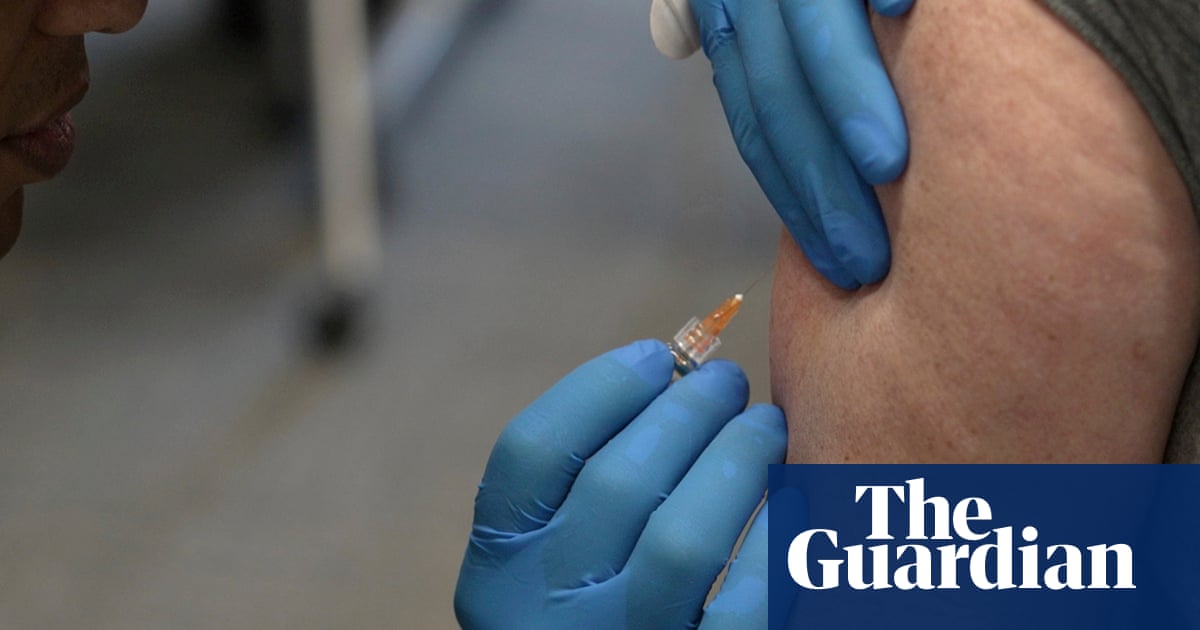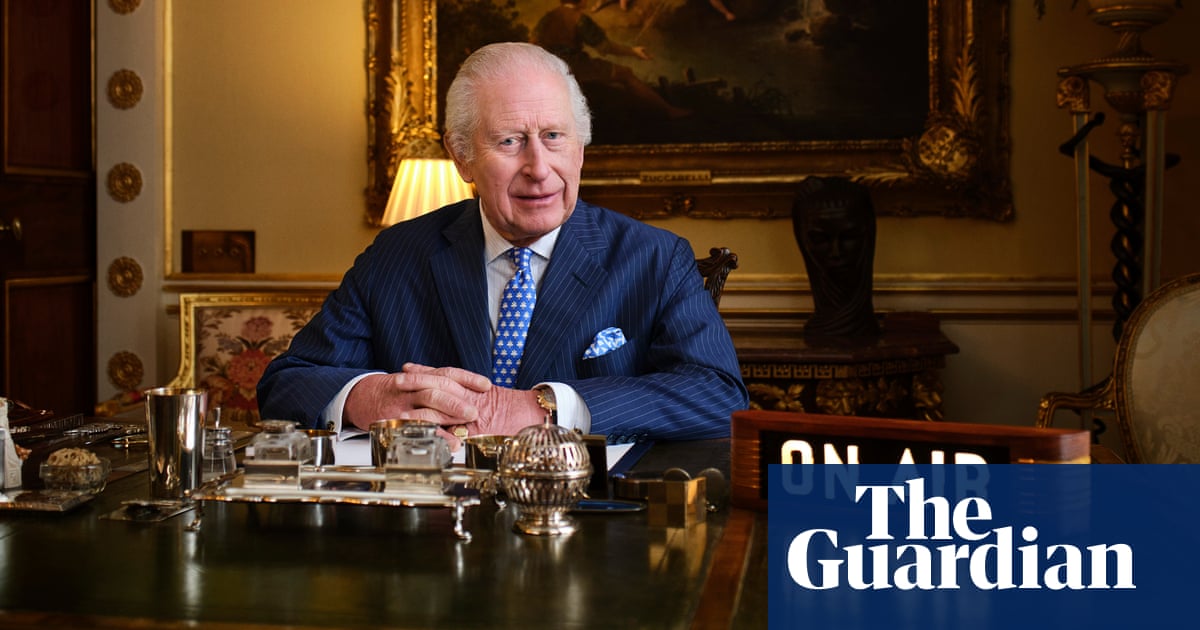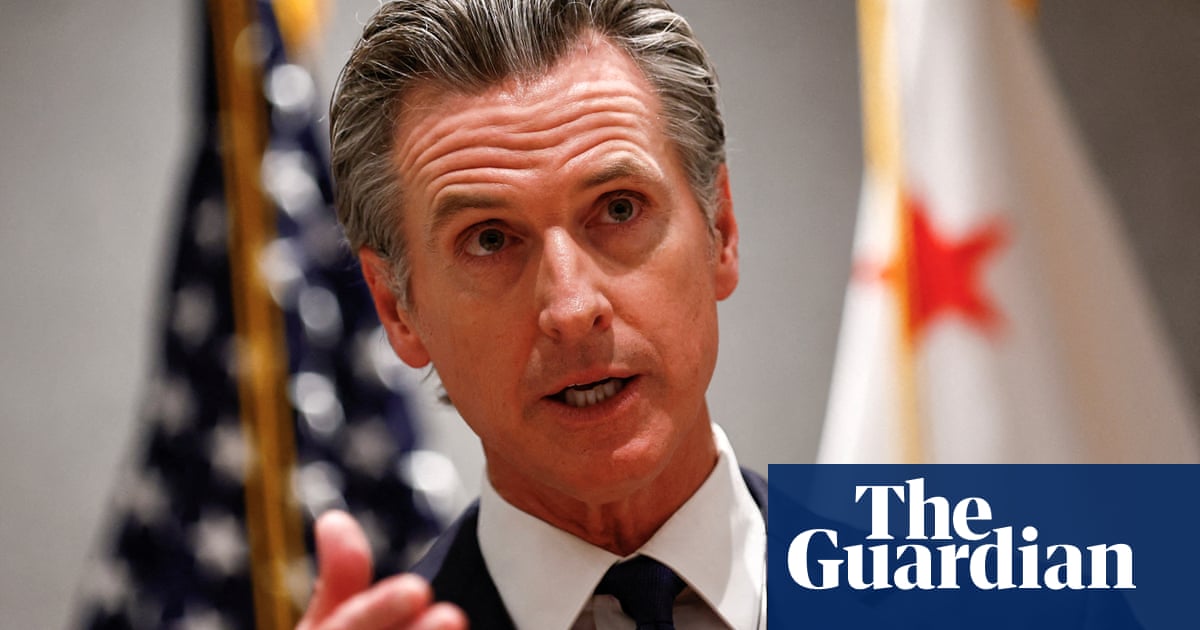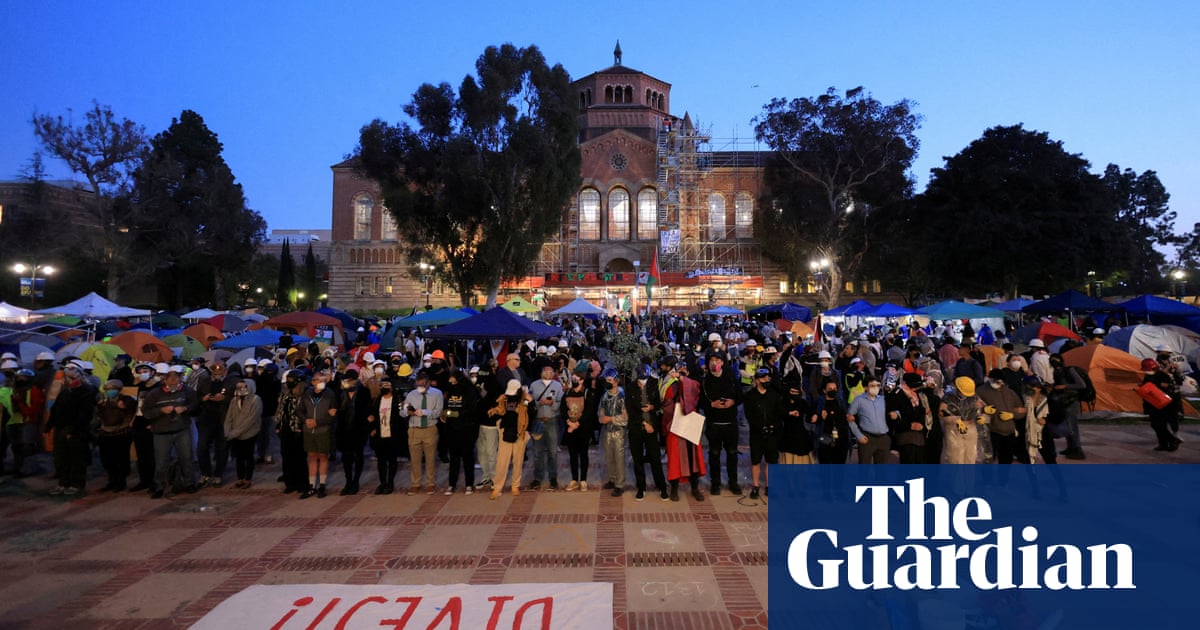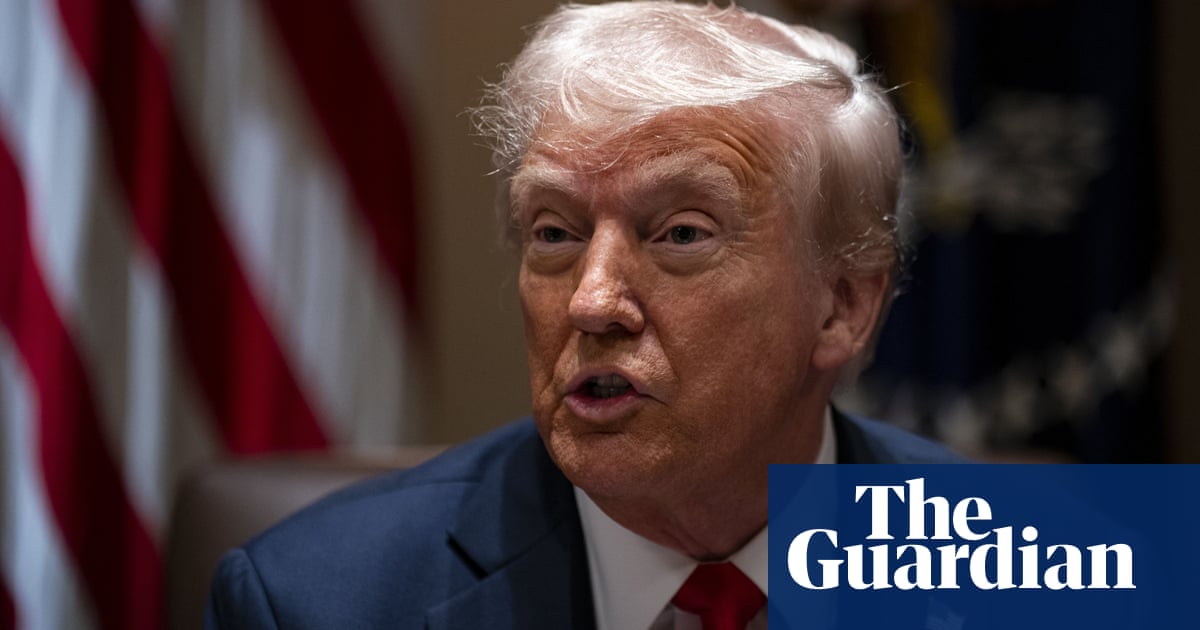Deanne Stewart is in demand. The boss of one of Australia’s biggest pension funds, Aware Super, is just off the plane from Sydney when we meet, and has an appointment with Keir Starmer to discuss the merits of the Australian pension system.
Stewart holds up the country’s pension saving as a model for the UK. Starmer and Rachel Reeves evidently agree, judging by the chancellor’s Mansion House speech, in which she revealed plans to emulate Australia and Canada’s pension system by launching eight “megafunds”.
In Aware Super’s new office near Piccadilly Circus, she explains what the UK can learn from Australia.
“The Australian system, what many regard as the world-class leader of defined contribution pension systems, has three elements that really make it work as effectively as it does,” she says. “First of all, it is universal, meaning it applies to just about all working Australians. Second of all, it is compulsory. And then, thirdly, it is preserved until you retire.”
Aware Super is a behemoth: it has A$184bn (£95bn) funds under management and 1.1 million members, 70% of whom are teachers and nurses, including many women.
The Australian system dates back to 1992, when the government led by Paul Keating introduced the first superannuation guarantee – a pension plan provided by a company or other employer for its staff – to reduce reliance on the publicly funded state pension. Employers must contribute a minimum of 11.5% of an employee’s salary to their pension fund, due to rise to 12% next July.
In the UK, compulsory employer pension contributions only started in 2012, and they are set at a much lower rate of 3% of salary. People can take money out of a workplace pension once they are 55 (or earlier if they have severe health problems or work in certain jobs), while in Australia, you have to be at least 60 and fully retired, with unfettered access to your fund from 65.
In another major difference, in Australia, people’s contributions to their pension plans are subject to tax, while the income they draw after retirement is not taxed. In contrast, there is tax relief on contributions to a UK pension while most of the pension income is taxed.
The recent rise in UK savers withdrawing cash from their pension pots, amid fears over personal tax changes in last month’s budget, prompted warnings from investment firms over their retirement savings.
“That’s not a feature we see in Australia,” says Damien Webb, Aware Super’s deputy chief investment officer and head of international, who is based in London. “If you’re making long-term investment strategies and, all of a sudden, your members are removing their money to go elsewhere, that can pose challenges and headwinds to what you’re trying to achieve.”
Reeves’s plans for pension megafunds involves merging the 86 local government retirement schemes in England and Wales – mirroring Australia and Canada, where public-sector pension schemes have been pooled into larger funds that are managed in-house by professional investors. The Treasury wants bigger schemes that invest in a wider range of long-term assets, such as infrastructure and private equity, to help fund Labour’s growth ambitions. The idea is that retirement funds can get better returns, while saving on fees paid to advisers, bankers and lawyers.
Canadian and Australian pension funds have long been big investors in the UK’s infrastructure. Part of King’s Cross in north London was redeveloped by AustralianSuper, Australia’s largest pension fund, while Stansted, Heathrow and other UK airports and toll roads also have overseas investment behind them.
Stewart says the Australian system allows pension funds such as Aware Super – which has grown out of the New South Wales government’s public sector fund – to “get the right diversification between listed assets and private assets to have strong, risk-adjusted returns for our members over the long term”.
after newsletter promotion
Aware Super is one of the backers of Octopus Energy, the renewable British energy provider, and also owns 22% of the rental property developer Get Living. With plans to invest £5.25bn in the UK and the rest of Europe by 2028, in August, the company acquired a near-16% stake in London-based euNetworks, which owns and runs deep-fibre networks in 18 European cities, connecting more than 542 data centres.
The pension fund now wants to spend up to £1bn on central London offices, having formed a partnership with the UK firm Delancey Real Estate. Warehouses, undervalued shop assets and mixed-use properties are also on its radar.
Following the decline in office values in recent years, “the UK presents a really good opportunity to invest in high-quality offices, [bearing] that sustainable theme in mind as well, given that there has been a significant slowdown in development here in London in particular,” Stewart says.
The rise in hybrid working since the Covid-19 pandemic has reduced the need for office space but a growing number of employers, such as Amazon, want their staff back in the office. Stewart says: “Office real estate … is now at the point where there is more supply shortage in high quality. And while I don’t necessarily think the pendulum will swing the whole way back, what people are looking for is high quality office space that is sustainable.”
There have been numerous warnings of a global retirement crisis, including from Larry Fink, the chief executive of BlackRock, the world’s largest asset manager, as people live longer. Less so in Australia. “Australia has one of the lowest percentages of GDP that it has to spend on the Age Pension because of how successful the superannuation system is in people saving for their own retirement,” says Stewart. The percentage – 2.3% of the country’s economic output – is considerably below many developed economies.
In the UK, spending on pension benefits amounts to 5.1% of GDP, and 11.3% of total public spending. However, the state pension is means-tested in Australia whereas in the UK it is available to all who have made national insurance contributions.
As it gears up for pension reform, the Treasury is working with the UK pension firm Standard Life, which has sent teams to Australia in the summer and this month.
Mike Ambery, retirement savings director at Standard Life, part of Phoenix Group, with £300bn under management, says: “Australia, along with Canada … has often been heralded as a sort of nirvana for defined contribution pension schemes. So we wanted to really understand whether it is that nirvana.
“The quick answer is, there’s very good learns that we can have from Australia, and some real precedents – ie, consolidation can happen through regulatory means. There’s good outcomes in Canada in terms of a different range of retirement solutions and a different range of products which … we can adapt into our system.”
Stewart did an MBA at Yale University in the US and was offered a summer internship and then an associate role at the management consultancy McKinsey. She spent four years working in London, not far from Aware Super’s current office, and says: “I loved my time here.” She did a stint at Merrill Lynch in New York and moved back to Australia, where she became the chief executive of the insurer MetLife, and then led the merger of two pension funds to form Aware Super.
She says Aware Super is “positive on the UK economy. It does feel like it’s turned a corner. But for us, it is really about the mid to long term.”
CV
Family Husband; daughter, Isabella, aged 17; son, Harry, aged 17.
Education Bachelor of Commerce at University of New South Wales, MBA at Yale.
Pay A$1.47m (£763,000) in 2023.
Last holiday Lord Howe Island.
Best advice she’s been given “Think big, not small.”
Phrase she overuses “Quite frankly.”
How she relaxes Swimming, running, Zumba, time with friends and family.

.png) 3 months ago
32
3 months ago
32
